‘Everyone should do something, but it needs to be useful’: Unions walk out in support of Palestine

“I don’t know why we wouldn’t stand with Palestine, especially because it’s mainly children who are affected in the conflict,” says Bev, an education worker and rep for the National Education Union (NEU).
“That’s why we’re educators, to work with children. So yeah – it’s important.”
Bev, who was on a break from a strike at St Brendan’s Sixth Form College in Brislington, is one of around 40 or 50 people who are gathered outside Bristol Cathedral on a crisp midday at the end of November to take part in a workplace day of action for Palestine.
The small crowd has attracted workers and students from neighbouring City of Bristol College and the University of Bristol. Many are trade unionists from unions including UCU, NEU and PCS, while others are connected to Bristol Palestine Solidarity Campaign, one of the groups who organised the action.
Workplace days of action encourage workers to engage in a lunchtime walkout in solidarity with the Palestinian people, and to take part in letter writing campaigns and petitions. For this latest event, there were several such walkouts across Bristol, including a vigil by health workers outside the Bristol Royal Infirmary and a walkout by staff from HMRC and the Environment Agency at Glass Wharf.
Standing against ‘scholasticide’
At the Bristol Cathedral action, education workers are particularly well represented, with many mentioning the almost total destruction of Gaza’s educational infrastructure by the Israeli military over the past 14 months.
Organisations including the UN and Save the Children have estimated that up to 90% of Gaza’s educational infrastructure – including schools, universities and libraries – has been destroyed by the Israeli military. Amnesty International recently became the latest international organisation to condemn the Israeli onslaught against the Palestinians in Gaza as a genocide in a 290-page report.
“UCU, particularly in the universities, had a week against scholasticide, which has been used to describe the destruction of education institutions in Gaza,” says Tom Whittaker, branch secretary of UCU at City of Bristol College, who I speak to the following day. “It’s kind of shocking.”
Other speakers at the day of action draw attention to the University of Bristol’s links, including research partnerships, with weapons manufacturers such as BAE Systems and Rolls Royce, both of which produce weapons and equipment used by the Israeli military, such as tanks and F-35 fighter jets.
Bristol City Council was also mentioned for its Avon Pension Fund (which also includes pension funds for neighbouring councils in Bath and North East Somerset, South Gloucestershire and North Somerset), which allegedly has £20 million investments in companies linked to human rights abuses in Palestine.
‘We should be able to speak out about this’
But while many education workers came out to support the day of action, several mentioned that there had been tensions within their union branches about showing support for Palestine.
“I spoke to a lot of our members about this day of action, and tried to encourage many of them to come down. It’s just the two of us, which says a lot,” says Bev. While many NEU reps and secretaries have expressed support for Palestine, and the union has links with the Nina Franklin Fund, which supports the building of schools in the West Bank, some NEU members have expressed discomfort with showing solidarity with Palestine.
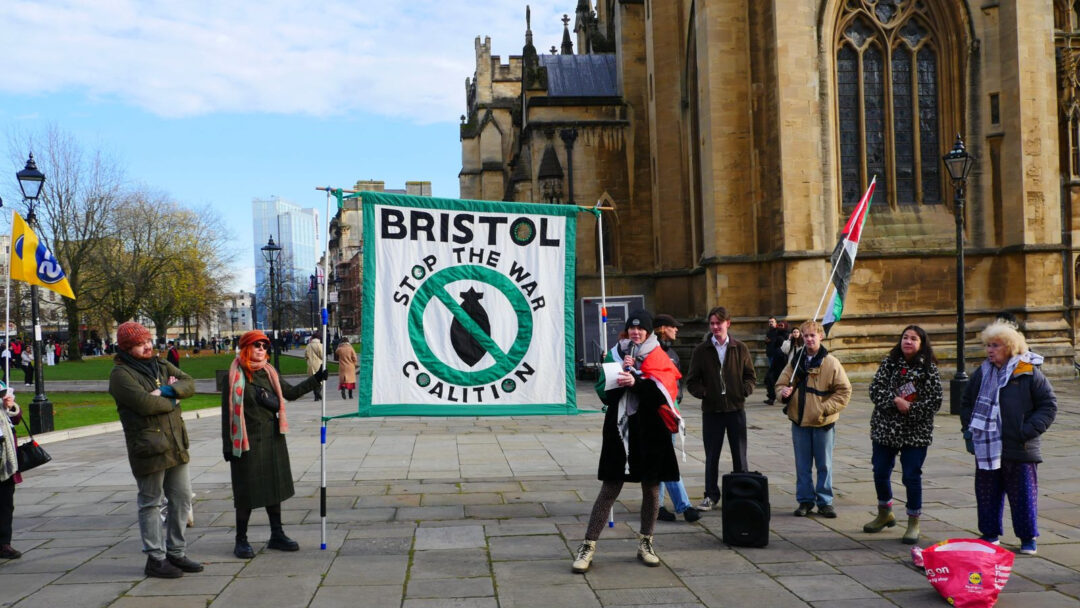
“There’s so many people who don’t feel comfortable with just a badge, or the talk of a [Palestinian] flag at a picket line – and they should. We should be able to speak out about this. Why wouldn’t you speak out about genocide?” says Bev.
Within UCU, there have been similar internal controversies around the issue.
“There’s a longstanding policy in the union of supporting Palestine,” Tom Whittaker. “I think UCU have officially backed almost every workplace day of action. I know our general secretary, Jo Grady, has spoken on a number of the national demonstrations in London as well.”
But the union’s support for Palestine has not been unanimous. “There was a sort of objection of, ‘this is a divisive issue’, or ‘we should condemn Hamas as well as Israel’, he continues. “Nevertheless, the motion [to support Palestine within his UCU branch] passed with about 80-85% support, and that was in early November last year.”
History of international solidarity
Whittaker mentions that while some UCU members feel the issue of Palestine is ‘divisive’, there are historical precedents of protest movements within the education sector, both by students and staff, notably in opposition to the Iraq war.
“I remember the protests against the Iraq war in 2003,” he says. “I was in my last year at university at the time. And when we got close to the invasion of Iraq, there were big school [walkouts]. I think about 400 students walked out at City of Bristol.”
He also mentions previous moments when trade unionists have engaged in solidarity with international movements, such as when Scottish dock workers at a Rolls-Royce factory in East Kilbride, near Glasgow, refused to service fighter jets that were being used by the Pinochet regime in the 1970s. In more recent years, dock workers in both Italy and Greece have refused to unload cargo headed for Israel.
On a more local level, Bristol also has a history of effective international solidarity campaigns. In the 1980s, activists in St Paul’s created an ‘apartheid free zone’ in opposition to the apartheid regime in South Africa, going door to door to convince people to boycott South African produce.
Leo, another NEU member who came down from St Brendan’s with Bev, is hoping something similar can be replicated in Bristol today, having recently attended a meeting by Bristol Apartheid-Free Zone, which is encouraging local residents and businesses to boycott Israeli produce in protest against the genocide in Gaza and human rights abuses against Palestinians in the West Bank.
“I understand why people might be like, ‘Well, I could go to a march, but what’s that going to achieve?’”, he says. “This is why the boycott campaign is so important, because it will achieve something.
“Even if it’s only like five quid less that these illegal settlements get, then that is still something, isn’t it? Everyone should do something, but it needs to be something useful.”
This story was funded via a crowdfunding campaign that local trade union branches and workers are contributing to. Read more from the This Better Work series.
Independent. Investigative. Indispensable.
Investigative journalism strengthens democracy – it’s a necessity, not a luxury.
The Cable is Bristol’s independent, investigative newsroom. Owned and steered by more than 2,500 members, we produce award-winning journalism that digs deep into what’s happening in Bristol.
We are on a mission to become sustainable, and to do that we need more members. Will you help us get there?
Join the Cable today

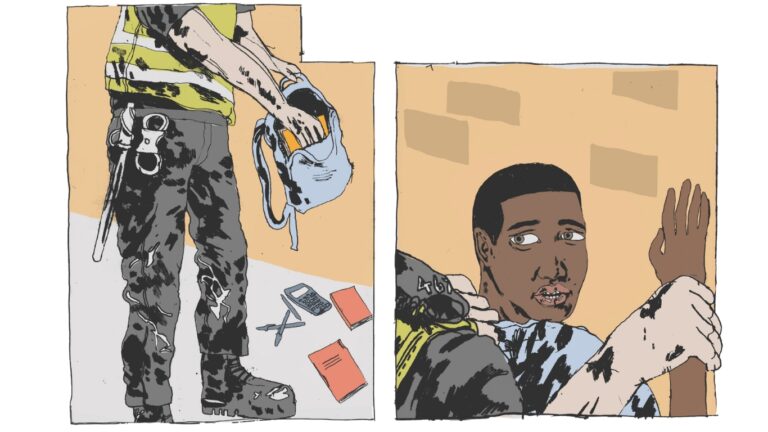

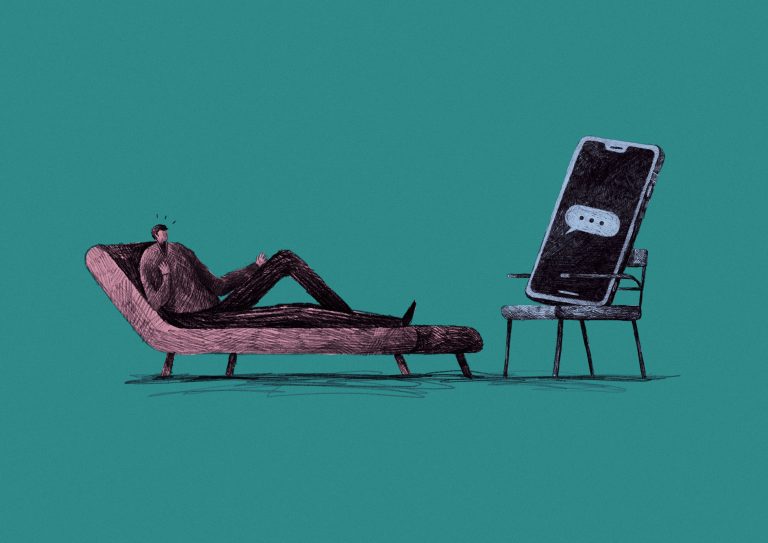
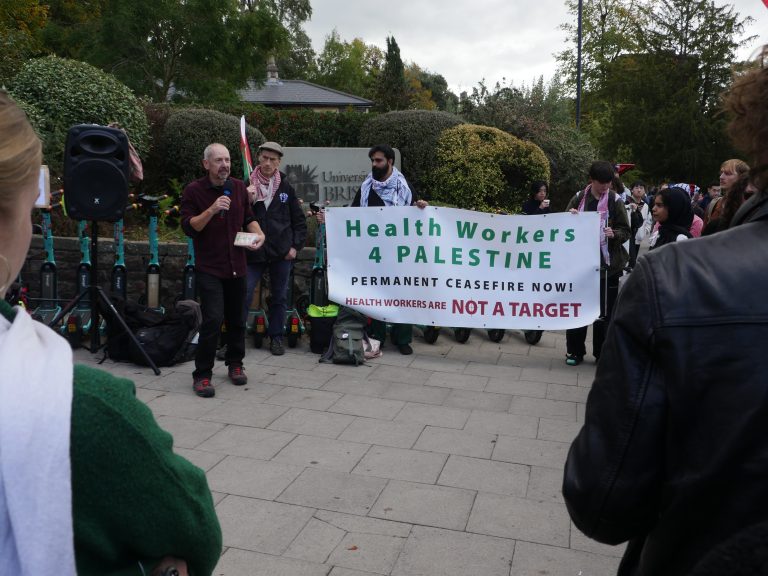
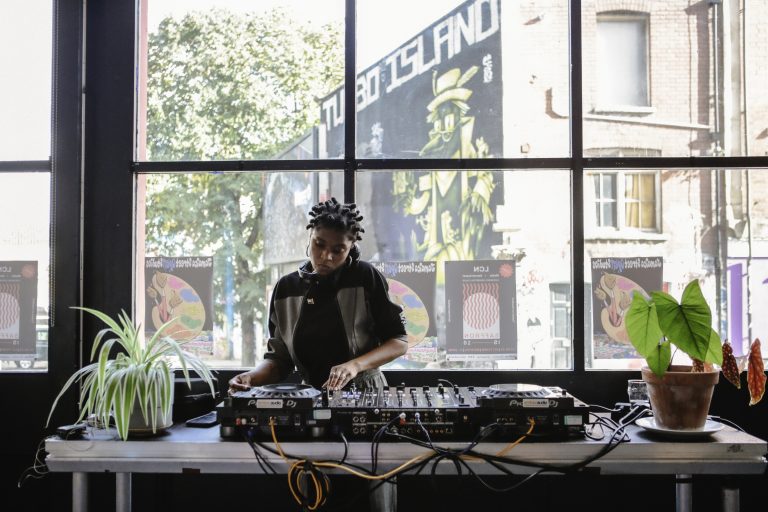

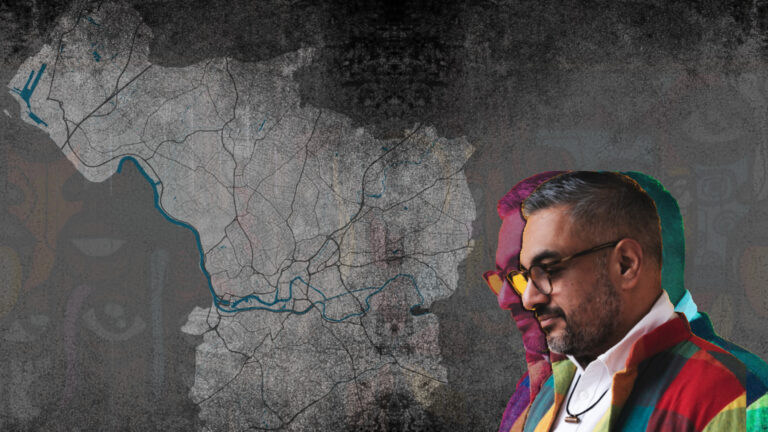

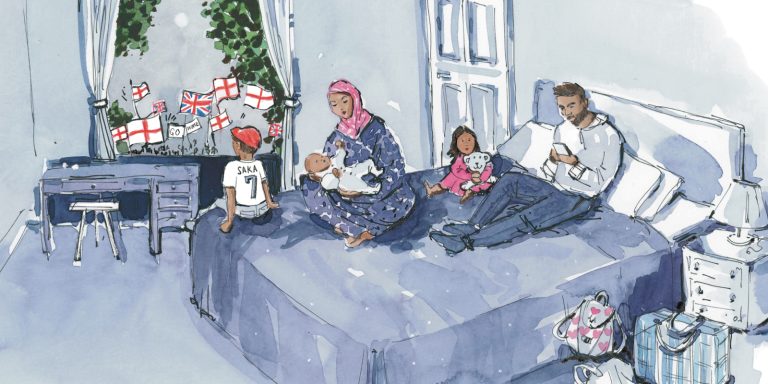

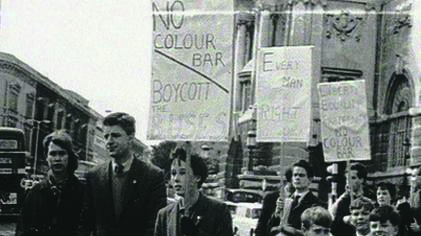

Report a comment. Comments are moderated according to our Comment Policy.
‘Everyone should do something, but it needs to be useful’
Like Decommissioning Elbit Systems rather than standing o a street corner or walking down empty streets with a a flag or placard you mean ?